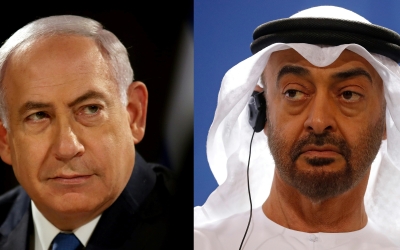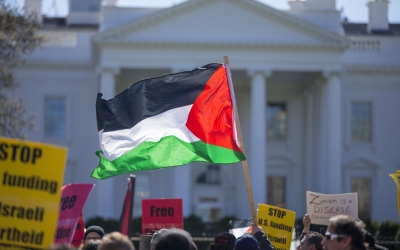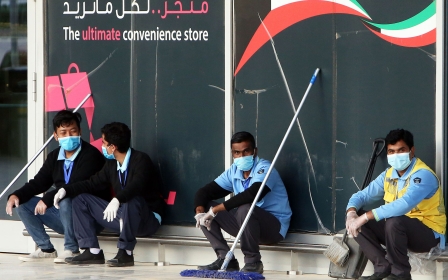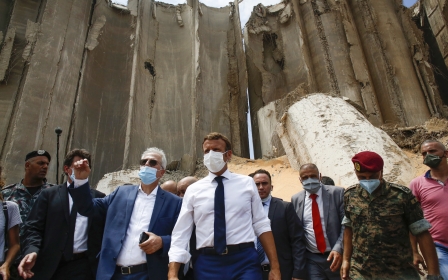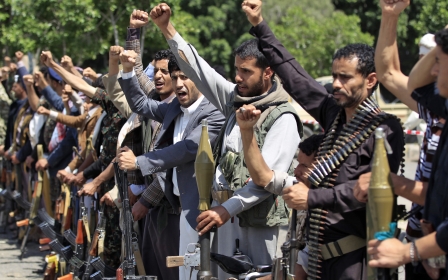Arabic press review: Saudi Arabia and Bahrain to normalise relations with Israel 'soon'
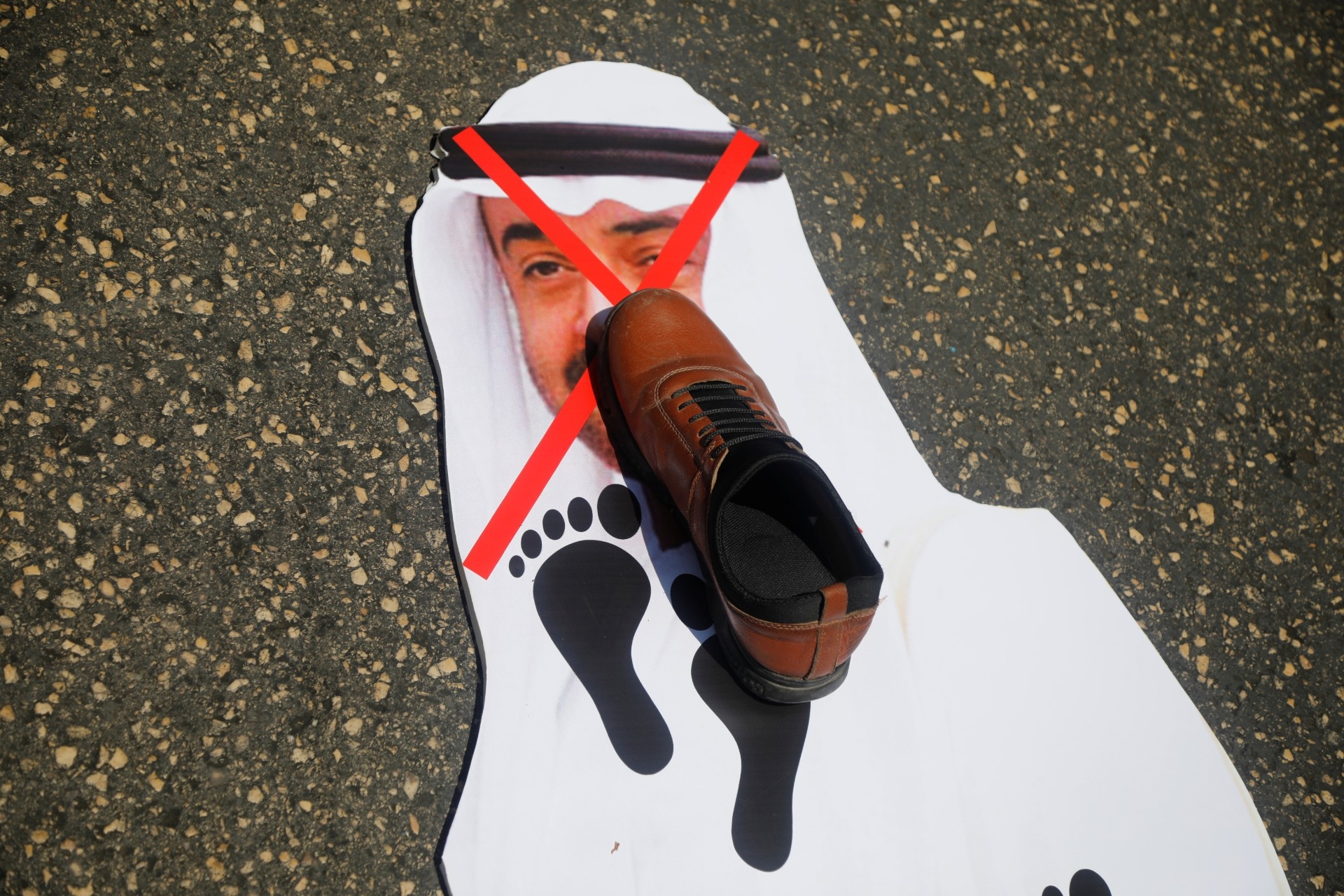
Saudi Arabia and Bahrain to normalise relations with Israel
Saudi Arabia and Bahrain are preparing to sign a peace and normalisation agreement with Israel similar to the one declared by the United Arab Emirates on Thursday, sources told the Arabi21 news website.
New MEE newsletter: Jerusalem Dispatch
Sign up to get the latest insights and analysis on Israel-Palestine, alongside Turkey Unpacked and other MEE newsletters
According to the "well-informed sources", official normalisation of relations between the two Arab countries and Israel will be established "after a short period of time", noting that this normalisation is aimed at "supporting US President Donald Trump, in light of the remarkable decline in his chances of winning the elections".
The sources added: "The re-election of Trump is important for Crown Prince of Saudi Arabia Mohammed bin Salman to safeguard his reign."
On Thursday, Bahrain congratulated the UAE on concluding the normalisation agreement with Israel, and said that the agreement is part of "measures taken to increase the chances to reach peace in the Middle East".
Bahrain's Ministry of Foreign Affairs said in its statement: "The Kingdom of Bahrain extends its heartfelt congratulations to the Emirates on announcing the agreement reached with the United States and Israel to stop annexing Palestinian land and to take measures that increase the chances of reaching peace in the Middle East."
Moroccan writers boycott UAE over Israel agreement
Moroccan writers and scholars nominated for the Sheikh Zayed Book Prize scheduled to be held in the United Arab Emirates early next year have announced their withdrawal in protest against the UAE-Israeli normalisation agreement, according to the London-based newspaper al-Quds al-Arabi.
Moroccan novelist and writer Abu Youssef Taha decided after the announcement of the agreement to withdraw from the Sheikh Zayed Book Prize nomination, arguing that it "has become stained with the shame of normalisation".
In a statement issued a few hours after the announcement of the agreement between the UAE and Israel, Abu Youssef Taha said that he had been nominated via an electronic submission for the Sheikh Zayed Book Prize for the year 2020-2021, pending the finalisation of the submission by sending five copies of the book and other documents. However, he declared his withdrawal from the prize and his boycott of the UAE.
Abu Youssef Taha said in his statement, which went viral and has been widely praised by Moroccan scholars: "I have always believed in the essence of the Palestinian cause, given that the Palestinian people have been subjected to an exceptional historical injustice, intrigued by the powerful forces of nearby and faraway countries including the colonial forces and their agents, as well as Zionism and its weapons.
"Therefore, I declare my withdrawal from the nomination for the prize, to fulfil my personal conviction and show solidarity with the Palestinian people in support of their righteous cause."
Moroccan writer and translator Ahmed al-Ouizi, who had nominated his latest novel for the Sheikh Zayed Book Award more than a month ago, also confirmed his withdrawal from the competition, noting: "What happened today in terms of the pitiful normalisation between UAE politicians and the Israeli entity is a serious challenge to the will of the Emirati and Arab people."
Ouizi described his withdrawal as "a humble measure to express solidarity with our Palestinian people in their fair struggle to obtain their legitimate claims".
Algeria currency fall worsens people's struggle
The Algerian dinar has dropped after almost 24 months of stability, raising citizens' concerns about the fall in purchasing power, especially when they are already exhausted by the high cost of living, according to a report published by the London-based newspaper al-Araby al-Jadeed.
The Algerian dinar was still declining vis-a-vis foreign currencies during official financial transactions in early August, as official foreign exchange markets were affected by the economic recession since March following the coronavirus outbreak and the decline in the country's foreign exchange earnings, with oil prices losing up to 60 percent of their value in the first quarter of this year.
In Algeria, fears of import price hikes have re-emerged after the dinar's historic fall compared to the dollar and the euro, and the failure of government plans to progressively eliminate subsidies, according to the report.
Economic expert Jamal Noureddine stated: "The depreciation of the dinar is negatively impacting not only the poor, but also the middle class, and threatens to further accelerate the collapse of purchasing power in the current year."
*Arabic press review is a digest of reports that are not independently verified as accurate by Middle East Eye
Middle East Eye delivers independent and unrivalled coverage and analysis of the Middle East, North Africa and beyond. To learn more about republishing this content and the associated fees, please fill out this form. More about MEE can be found here.


